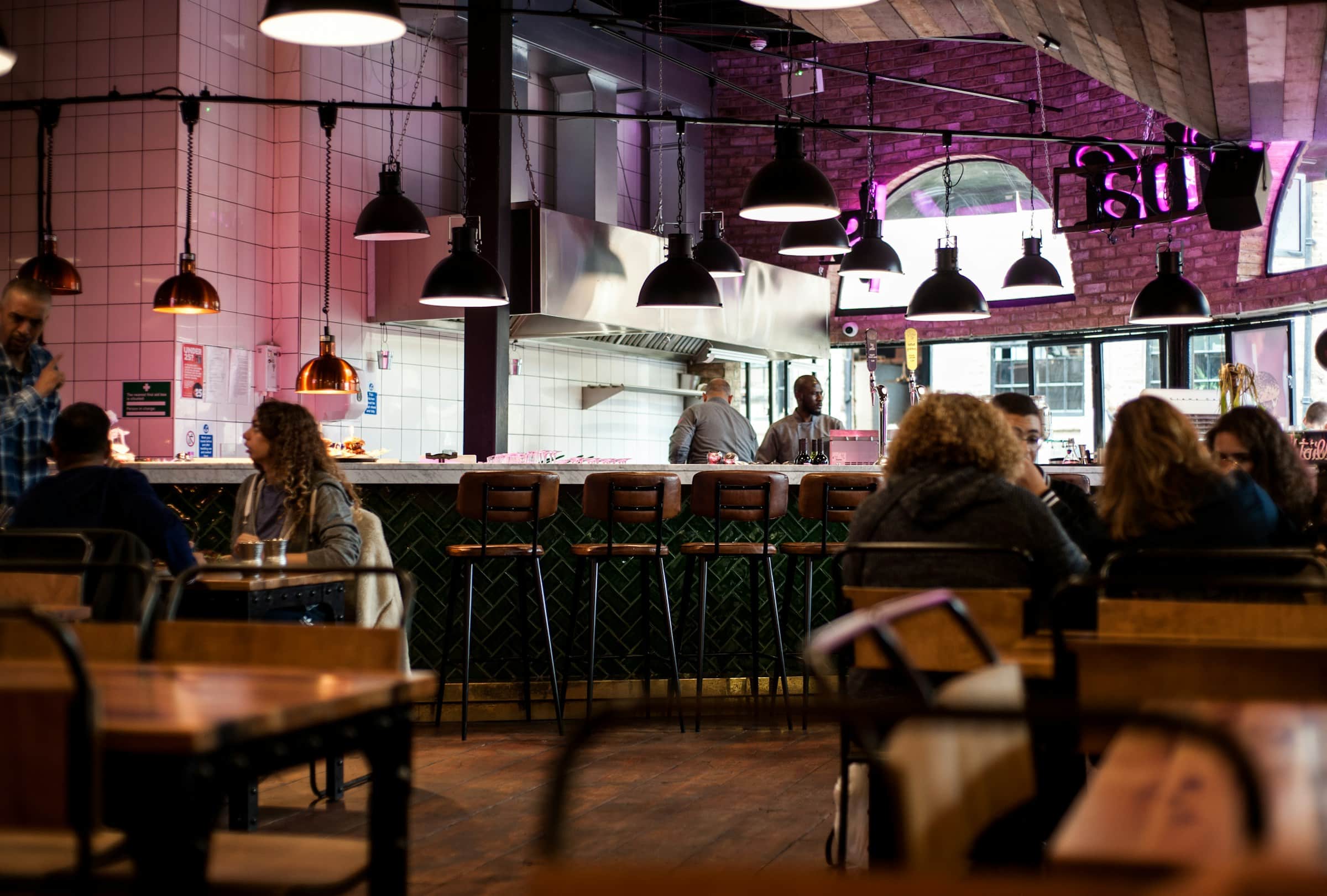In the bustling UK restaurant industry, the surge towards sustainability is not just a trend but a necessity. As more customers grow environmentally conscious, restaurants must adapt and integrate eco-friendly practices to reduce their environmental impact. This blog post delves into the effective ways UK restaurants can implement sustainable practices, focusing on reducing food waste, optimizing energy use, and choosing local ingredients for a greener operational model.
Reducing Food Waste: A Foundation for Sustainability
Food waste is a pressing issue in the restaurant industry, with substantial implications for both the environment and operational costs. By implementing robust waste management strategies, restaurants can significantly cut down on the amount of discarded food.
A lire aussi : How to Create a Sustainable Business Model for UK Fashion Startups?
Implementing a Food Waste Audit
Conducting a food waste audit helps identify where waste occurs most frequently in your operations. Track everything from prep waste to customer plate waste, and analyze the data to pinpoint inefficiencies. This audit provides actionable insights that can lead to more effective waste reduction strategies.
Portion Control and Menu Design
One way to reduce food waste is by refining your menu and portion sizes. Offering varied portion options allows customers to choose the amount of food they can realistically consume, thus minimizing leftovers. A well-designed menu featuring seasonal and local ingredients can reduce waste and enhance sustainability.
En parallèle : How Can UK Breweries Optimize Their Supply Chain Using Blockchain?
Engaging Customers in Waste Reduction
Educate your customers about the importance of reducing food waste. Simple practices, such as offering take-home containers for leftovers or incentivizing them to finish their meals, can foster a culture of sustainability. Clear communication about your waste reduction efforts can also improve customer loyalty and satisfaction.
Optimizing Energy Use in Restaurant Operations
Energy consumption is a significant part of a restaurant’s carbon footprint. By adopting energy-efficient practices, restaurants can lower their energy bills and reduce greenhouse gas emissions, contributing to broader sustainability goals.
Investing in Energy-efficient Appliances
Modern energy-efficient appliances are designed to consume less energy while maintaining high performance. Replacing outdated equipment with energy-efficient models, such as LED lighting, Energy Star-rated refrigerators, and induction cooktops, can drastically cut down on energy usage.
Implementing Smart Energy Management Systems
Smart energy management systems can monitor and optimize energy use throughout the restaurant. These systems allow you to track real-time energy consumption, identify inefficiencies, and automate energy-saving measures. For instance, smart thermostats can optimize heating and cooling systems based on occupancy patterns, ensuring energy is not wasted.
Embracing Renewable Energy Sources
Where feasible, consider shifting to renewable energy sources. Solar panels, wind turbines, or investing in green energy from your utility provider can help offset your energy consumption with renewable options. This not only reduces your carbon footprint but also positions your restaurant as an eco-conscious establishment.
Sustainable Sourcing: The Power of Local Ingredients
Sourcing local ingredients is a cornerstone of sustainable restaurant practices. By choosing local suppliers, restaurants can support the local economy, reduce transportation emissions, and ensure fresher, more nutritious ingredients.
Building Relationships with Local Farmers and Suppliers
Establishing strong relationships with local farmers and suppliers can guarantee a steady supply of fresh, high-quality ingredients. These relationships can also foster community support and collaboration, which is key to sustaining local food systems.
Seasonal Menus: Adapting to Nature’s Calendar
Designing your menu around seasonal ingredients ensures that the produce you use is at its peak freshness and reduces the need for long-distance transportation. Seasonal menus not only appeal to environmentally conscious customers but also offer a varied and exciting dining experience.
Promoting Transparency and Traceability
Transparency in sourcing practices is becoming increasingly important to customers. Highlighting the origins of your ingredients on the menu or through marketing materials can build trust and show your commitment to sustainability. This practice also aligns with the growing demand for traceability in the food supply chain.
Water Conservation: Essential for Sustainable Operations
Water is a valuable resource, and its efficient use is crucial for sustainable restaurant operations. Implementing water conservation practices can significantly reduce your restaurant’s environmental footprint.
Installing Water-efficient Fixtures
Upgrading to water-efficient fixtures, such as low-flow faucets and dishwashers, can reduce water usage without compromising performance. These fixtures are designed to minimize water waste while maintaining the necessary functionality for food preparation and cleaning.
Regular Maintenance and Leak Detection
Regular maintenance of plumbing systems is vital to ensure there are no leaks or inefficiencies. Implementing a routine check-up schedule can help identify and resolve issues promptly, preventing water wastage.
Educating Staff on Water Conservation
Training staff to adopt water-saving practices can have a considerable impact on overall water usage. Simple actions, such as turning off taps when not in use and using water only when necessary, contribute to significant water conservation.
Promoting Eco-consciousness Among Staff and Customers
Creating a culture of eco-consciousness within your restaurant involves educating both staff and customers on sustainable practices. This collective effort can enhance your restaurant’s sustainability and appeal to environmentally aware patrons.
Staff Training and Engagement
Investing in staff training programs focused on sustainability can foster an eco-friendly mindset. Encourage employees to suggest and implement green initiatives, and recognize their efforts in promoting sustainability. This not only boosts morale but also ensures that eco-friendly practices are consistently followed.
Clear Communication and Marketing
Effectively communicating your sustainability efforts to customers can enhance your restaurant’s reputation. Use marketing channels, such as social media, website, and in-restaurant signage, to highlight your commitment to eco-friendly practices. Transparent communication can attract eco-conscious customers and set your restaurant apart from competitors.
Incentivizing Sustainable Choices
Offering incentives for customers who make sustainable choices can promote eco-friendliness. For example, provide discounts for customers who bring their reusable containers or reward loyalty points for those who opt for plant-based menu items. These small incentives can drive significant behavioral changes towards sustainability.
Implementing eco-friendly practices in UK restaurants is not only beneficial for the environment but also enhances operational efficiency and customer satisfaction. By focusing on reducing food waste, optimizing energy use, sourcing local ingredients, and promoting water conservation, restaurants can significantly lower their environmental impact. The collective effort of staff and customers in adopting sustainable practices ensures a greener future for the restaurant industry. As you integrate these strategies, your restaurant not only contributes to a more sustainable world but also aligns with the growing demand for eco-conscious dining options. Together, these efforts create a solid foundation for a more sustainable and successful restaurant operation.












